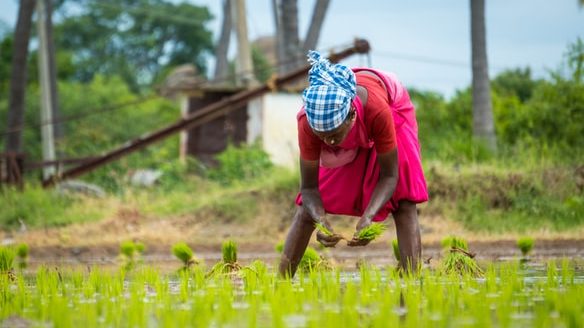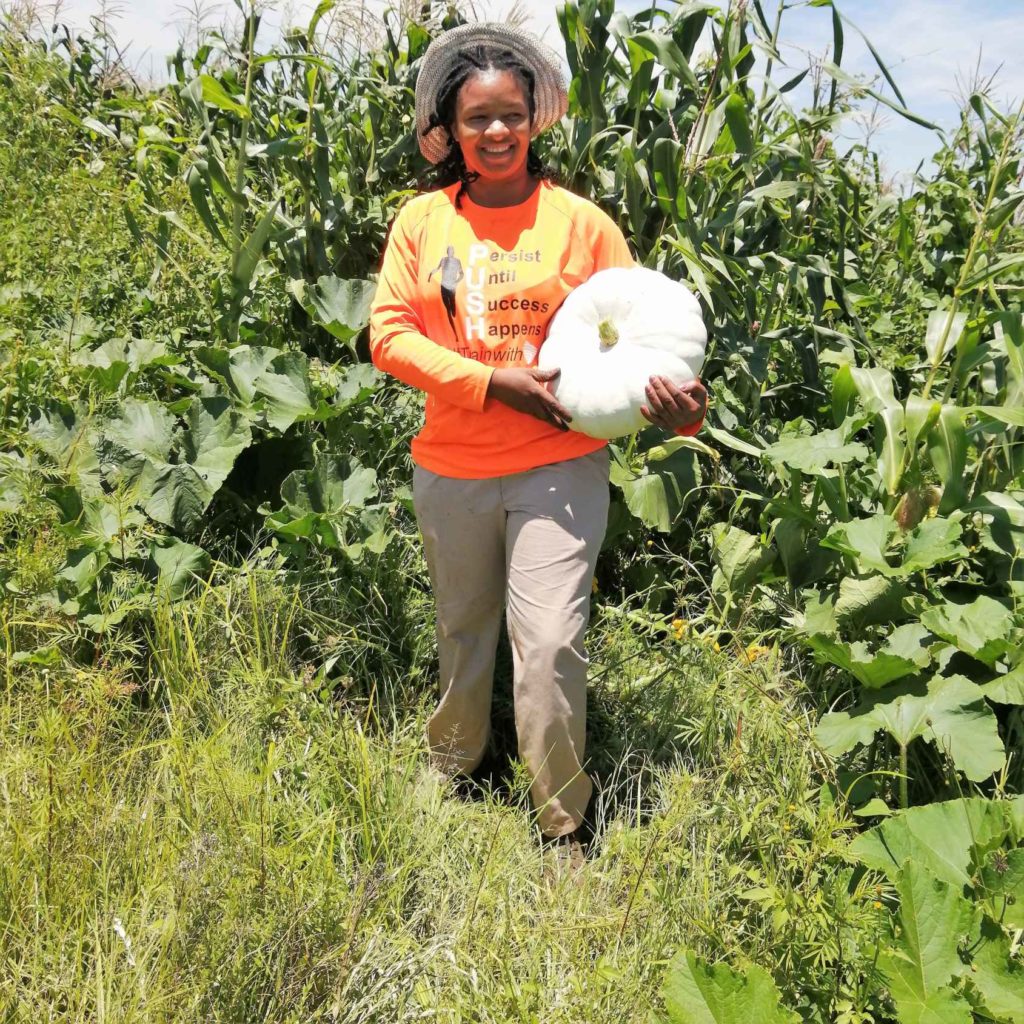In view of the upcoming international women’s day, SIANI wants to give women a voice who are somehow involved in food systems in many roles.
Women are active participants in food systems. They are farmers, producers, workers, processors, distributors, researchers, vendors, cookers, and consumers. Still, their contributions are often not consistently recognised. For example, according to the U.N. Food and Agriculture, women make up at least 43 percent of the agricultural workforce in developing countries – rising to 70 percent in some countries, according to the U.N. Food and Agriculture. Moreover, in rural areas, women are instrumental in the fight against hunger and malnutrition and in making food systems more productive and sustainable.
As Gilbert F. Houngbo, IFAD President, said “Each year, International Women’s Day is both a cause for celebration and a call for action,” SIANI wants to recognise the enormous contribution to food systems and make their voice heard. A group of women has shared their role in achieving sustainable food systems.
What is your name, what organisation do you represent?
– My name is Eden Leka Lencha, and I am a lecturer, researcher, and Ph.D. student at Hawassa University’s School of Nutrition, Food Science, and Technology.
– My name is Jeanne d’Arc Chinama Rusizana. I am a scientist woman and teaching staff at the University of Rwanda, and currently pursuing my Ph.D. in Plant Biotechnology at Egerton University-Kenya.
– My name is Marthe Niyibigira from Rwanda, soon completing a Master’s degree in Food Science and Technology from Makerere University.
– My name is Rosinha Sihlangu Zozi, I am a crop farmer and reside in Walkerville, Johannesburg, South Africa.
– My name is Laura Lozada and I represent Pacifilia. Through environmental education, agriculture, art, life experiences, and sustainable tourism, Pacifilia promotes the territories’ social, economic, and environment. Currently, we have activities in the municipality of Nuqu and Bahia Solano Choc/Colombia.
What role do you play in agriculture and in food systems? How do you contribute to a sustainable food system?
Eden Leka Lencha : One of my responsibilities at Hawassa University is to do research in agricultural and food systems using a multidisciplinary approach. I participated in various food science research projects that directly or indirectly benefit the food system or agriculture. One of my research focuses was reducing post-harvest loss of crops (highland fruits) by experimenting with different harvesting, handling, and packaging procedures. Minimising crop loss after harvest has a significant impact on the food security system. My current Ph.D. dissertation study focuses on the characterisation of diverse cassava varieties and the potential of these crops in end-use applications.
Characterisation may aid in identifying cost-effective and nutrient-dense crop types, allowing farmers to choose the best crop varieties, hence a significant impact on the food system.
Jeanne d’Arc Chinama Rusizana: My research focuses on screening and cleaning plant viruses through thermotherapy and meristem culture. Plant pathogens reduce overall crop yield by 30–40 percent, thus threatening food security. My focus plant is tamarillo which contributes to income generation in Rwanda by rural farmers, especially women, as 70% of Rwandan women are engaged in agriculture. Therefore,
I am working on making farming profitable in promoting Rwandan women’s livelihood.
The use of clean seeds is a foundation of the food system on which other components rely. It contributes to improved yield, minimises pesticide use, and reduces food waste. Upon completing my research, this technology will be extended to other important crops.
Marthe Niyibigira: As a Food Science and Technology student, I work in a multidisciplinary research team that generates valuable information for agriculture sector stakeholders. In this regard, I help farmers obtain and understand updated information, thus enabling them to make better use of available data and evidence-based decisions related to production, market, and financing challenges.
In food systems, I am involved in many different activities of adding value to various food products like increasing the nutritional content and the economic value of food products as well as encouraging and sensitising people to consume new, innovative, and improved food products, including insect-based food.
I have contributed to a sustainable food system for the last three years by developing and producing a healthier and more natural preservative called chitosan extracted from edible insects. This preservative helps reduce the use of chemical preservatives in food and their adverse effects on human health. It also increases the nutritional value of food in terms of dietary fibre and proteins, which enables all people to be well-nourished and healthy.
Rosinha Sihlangu Zozi: I am a crop farmer farming beans. I specialise in beans, black beans, sugar beans, yellow beans, and jugo beans, among others. I also plant seasonal vegetables and recently started livestock farming with rabbits, which I’m very excited about given rabbits vs. chickens’ protein potential. My customers are street vendors in the surrounding townships, mainly women from poor and disadvantaged backgrounds. These women work so hard to make sure that their families are fed.

